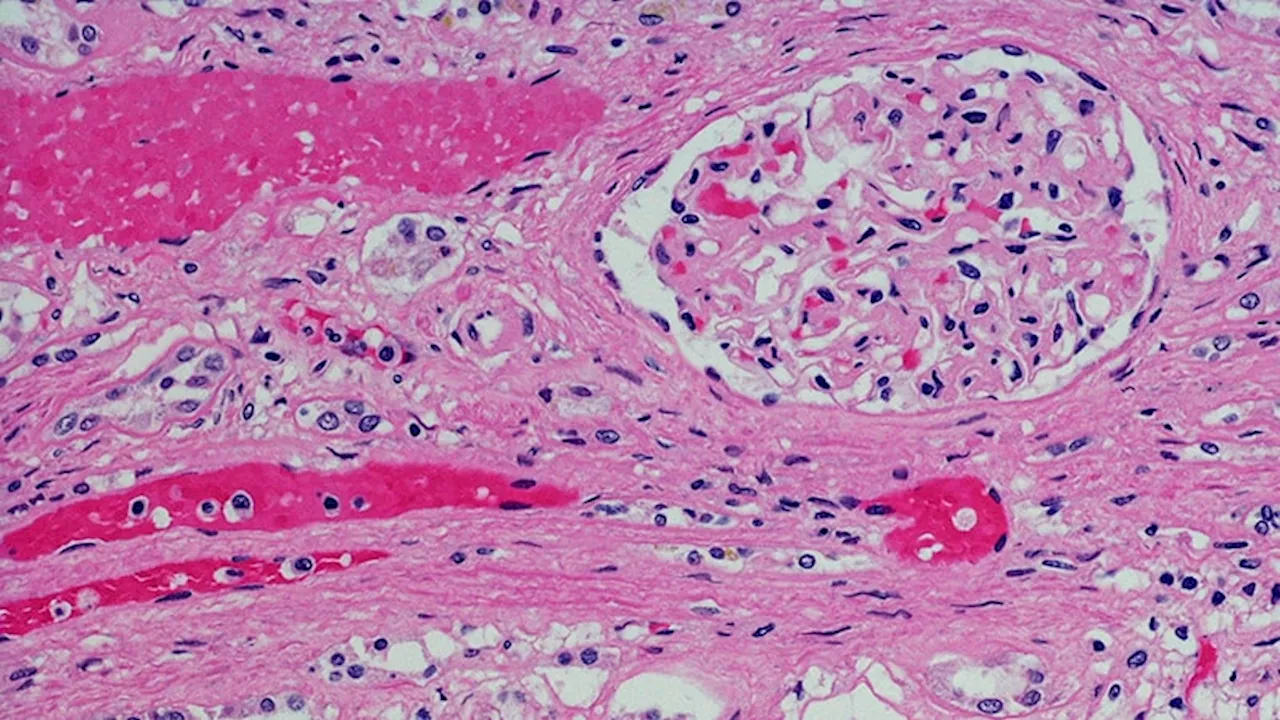A phase 1 clinical trial has shown encouraging results for a personalized cancer vaccine targeting neoantigens in high-risk renal cell carcinoma (RCC) patients. The vaccine demonstrated no disease recurrence in any of the nine participants after a median follow-up of 40.2 months and induced T-cell immune responses against cancer driver mutations in all patients.
A personalized cancer vaccine targeting neoantigens in high-risk renal cell carcinoma (RCC) has demonstrated promising results. In a phase 1 trial conducted at Dana-Farber Harvard Cancer Center, Boston, researchers observed no disease recurrence in any of the nine participants over a median follow-up period of 40.2 months.
The vaccine successfully generated immune responses against cancer driver mutations in all patients, with seven out of nine showing T-cell reactivity against autologous tumors. This study offers hope for a new treatment approach for RCC, a type of kidney cancer often characterized by a low mutation burden, posing challenges for traditional immunotherapy.Previous research on personalized cancer vaccines in melanoma showed promising results, but applying this approach to low mutation burden tumors like RCC has been met with hurdles in manufacturing and generating robust immune responses. This trial aimed to overcome these challenges by focusing on neoantigens, unique mutations specific to each patient's tumor. The research team used a personalized vaccine targeting these neoantigens in combination with ipilimumab, an immune checkpoint inhibitor, in a group of nine patients with stage III/IV clear cell RCC who had undergone curative intent surgery. Four patients received the vaccine alone, while five received the vaccine plus ipilimumab. Each participant received four pools of synthetic long peptides targeting neoantigens, administered both subcutaneously and intradermally at designated intervals.The study's encouraging results demonstrate the potential of neoantigen-targeting personalized cancer vaccines for treating RCC. The vaccine's favorable toxicity profile and ability to induce durable antitumor immunity suggest its possible use as both a standalone therapy and in combination with other treatments like ipilimumab. While this study represents a significant step forward, larger-scale randomized trials are necessary to confirm these findings and fully evaluate the vaccine's long-term efficacy and safety in a broader patient population
CANCER VACCINE RENAL CELL CARCINOMA NEOANTIGENS IMMUNOTHERAPY CLINICAL TRIAL
United States Latest News, United States Headlines
Similar News:You can also read news stories similar to this one that we have collected from other news sources.
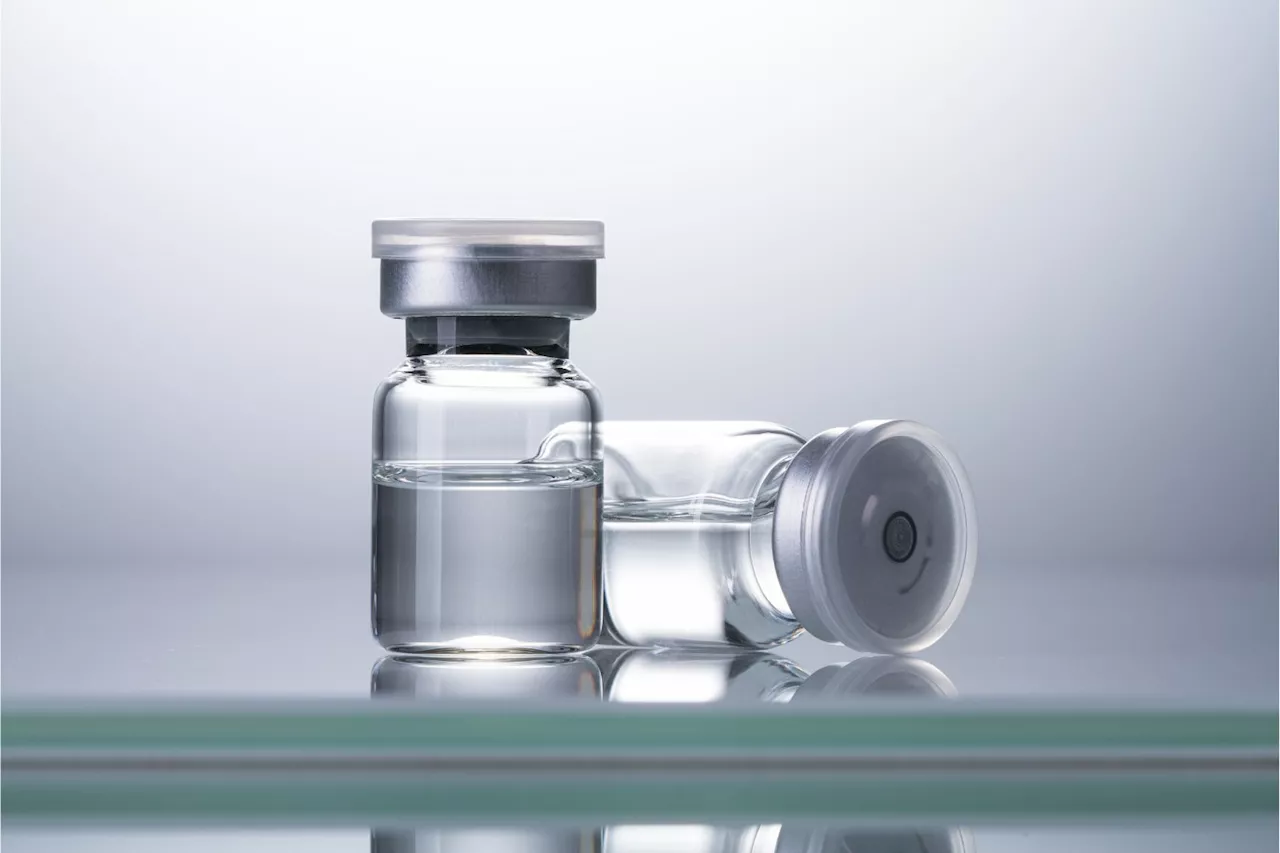 Experimental Kidney Cancer Vaccine Shows Promising Results in Early TrialAn experimental vaccine for kidney cancer has shown encouraging results in a Phase I trial, demonstrating safety and producing a clear immune response in all nine patients at high risk of recurrence. The vaccine, developed by scientists at Dana-Farber Cancer Institute and elsewhere, targets advanced cases of kidney cancer and uses a personalized approach to train the immune system against unique proteins generated by cancer cells (neoantigens). After receiving the vaccine roughly three years ago, patients have remained cancer-free, suggesting potential for broader applications against various cancers in the future.
Experimental Kidney Cancer Vaccine Shows Promising Results in Early TrialAn experimental vaccine for kidney cancer has shown encouraging results in a Phase I trial, demonstrating safety and producing a clear immune response in all nine patients at high risk of recurrence. The vaccine, developed by scientists at Dana-Farber Cancer Institute and elsewhere, targets advanced cases of kidney cancer and uses a personalized approach to train the immune system against unique proteins generated by cancer cells (neoantigens). After receiving the vaccine roughly three years ago, patients have remained cancer-free, suggesting potential for broader applications against various cancers in the future.
Read more »
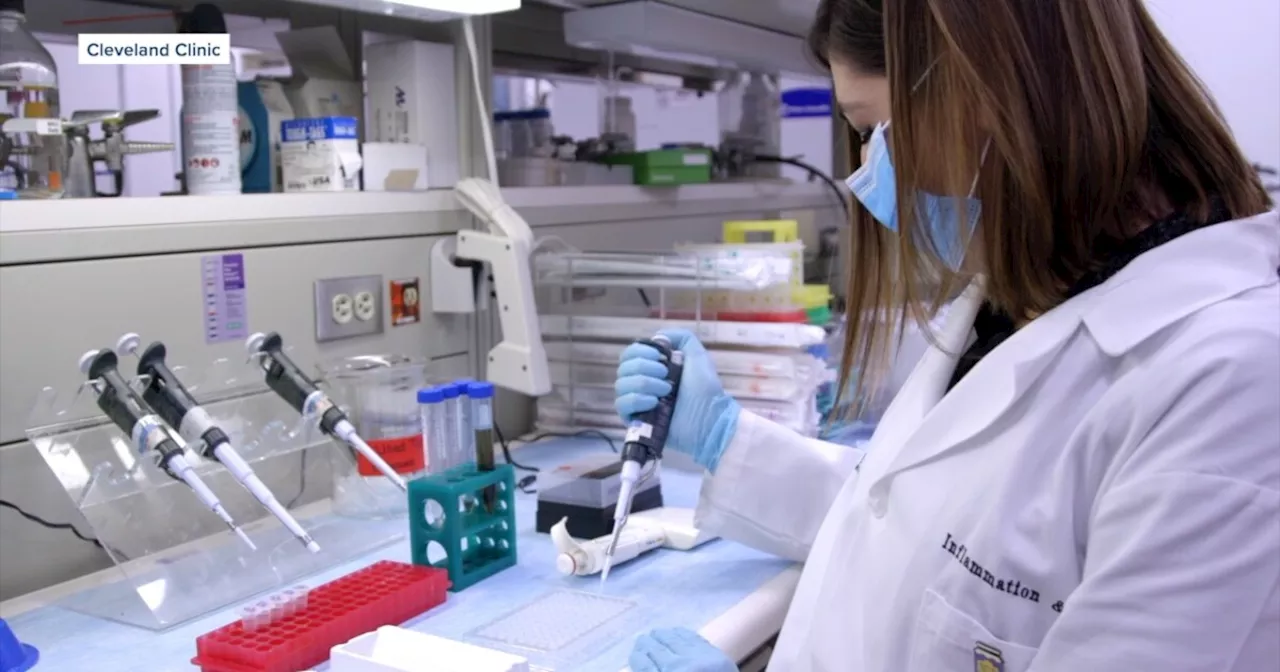 Groundbreaking Breast Cancer Vaccine Shows Promising Results in Early TrialsA new vaccine targeting triple-negative breast cancer, the most aggressive form of the disease, has shown encouraging results in early-stage trials. Developed by Anixa Biosciences and the Cleveland Clinic, the vaccine aims to teach the immune system to destroy cancer cells by targeting a specific protein. If approved by the FDA, it could become the first-ever preventative vaccine for breast cancer and revolutionize healthcare.
Groundbreaking Breast Cancer Vaccine Shows Promising Results in Early TrialsA new vaccine targeting triple-negative breast cancer, the most aggressive form of the disease, has shown encouraging results in early-stage trials. Developed by Anixa Biosciences and the Cleveland Clinic, the vaccine aims to teach the immune system to destroy cancer cells by targeting a specific protein. If approved by the FDA, it could become the first-ever preventative vaccine for breast cancer and revolutionize healthcare.
Read more »
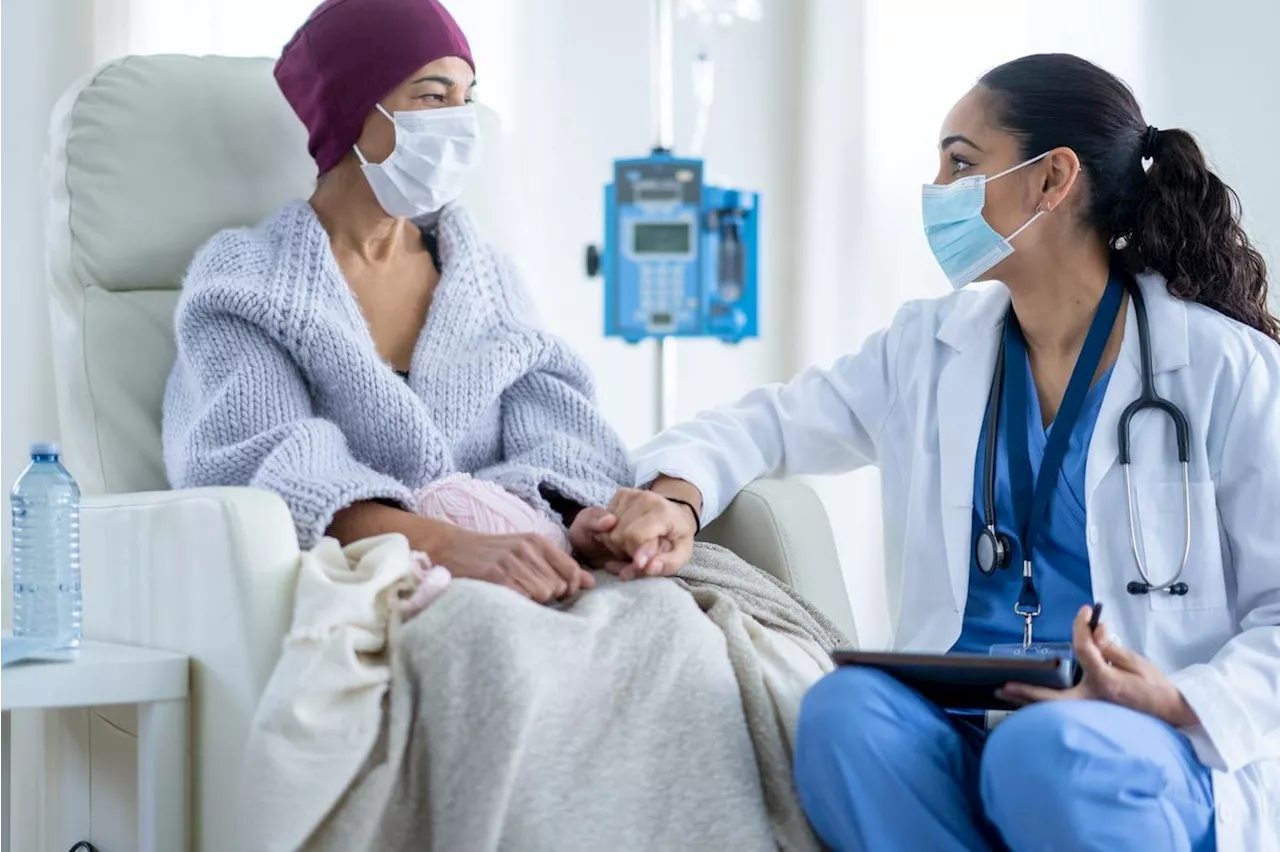 New Vaccine Shows Promise For Kidney CancerA new vaccine for kidney cancer shows excellent preliminary results. All patients on the trial had no evidence of cancer three years after the pioneering treatment.
New Vaccine Shows Promise For Kidney CancerA new vaccine for kidney cancer shows excellent preliminary results. All patients on the trial had no evidence of cancer three years after the pioneering treatment.
Read more »
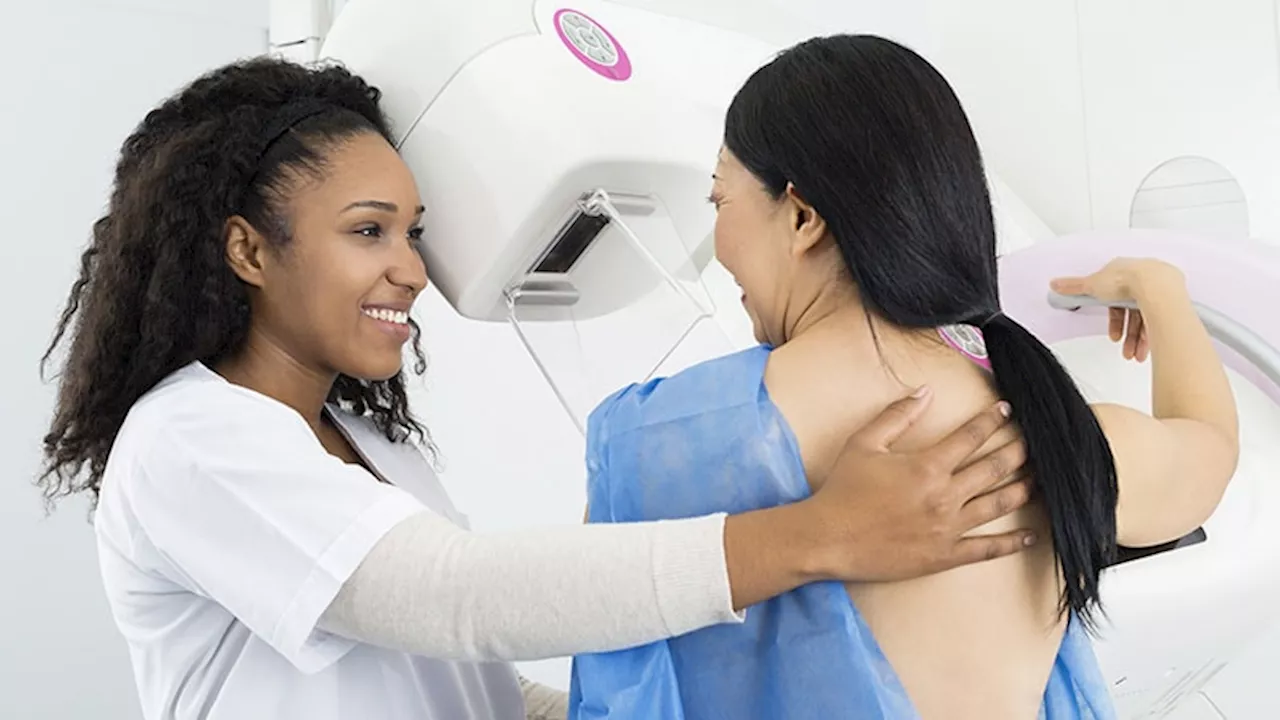 Shifting Breast Cancer Screening Guidelines: Tailoring Risk Assessment for More Personalized CareNew guidelines advise heightened surveillance for women with family history of breast cancer or mutations, while for average-risk women, screening remains largely age-based. The USPSTF recommends starting mammograms at age 40, down from 50, but acknowledges limitations in providing tailored guidance for Black women and those with dense breasts. Experts advocate for a more nuanced approach, utilizing 5-10-year risk models instead of lifetime risk, to personalize screening decisions and minimize harm.
Shifting Breast Cancer Screening Guidelines: Tailoring Risk Assessment for More Personalized CareNew guidelines advise heightened surveillance for women with family history of breast cancer or mutations, while for average-risk women, screening remains largely age-based. The USPSTF recommends starting mammograms at age 40, down from 50, but acknowledges limitations in providing tailored guidance for Black women and those with dense breasts. Experts advocate for a more nuanced approach, utilizing 5-10-year risk models instead of lifetime risk, to personalize screening decisions and minimize harm.
Read more »
 Artificial intelligence improves personalized cancer treatmentPersonalized medicine aims to tailor treatments to individual patients. Until now, this has been done using a small number of parameters to predict the course of a disease. However, these few parameters are often not enough to understand the complexity of diseases such as cancer.
Artificial intelligence improves personalized cancer treatmentPersonalized medicine aims to tailor treatments to individual patients. Until now, this has been done using a small number of parameters to predict the course of a disease. However, these few parameters are often not enough to understand the complexity of diseases such as cancer.
Read more »
 Cancer Report: Deaths Down, But Alarming Rise in Women and Young Adults DiagnosedThe American Cancer Society's latest report presents a mixed outlook on cancer trends. While overall cancer deaths have decreased significantly, driven by earlier detection and improved treatments, the report reveals a concerning increase in cancer diagnoses among women and young adults. The report also highlights persistent racial disparities in cancer deaths and stresses the need for more effective strategies to combat pancreatic cancer, which remains a leading cause of cancer-related deaths.
Cancer Report: Deaths Down, But Alarming Rise in Women and Young Adults DiagnosedThe American Cancer Society's latest report presents a mixed outlook on cancer trends. While overall cancer deaths have decreased significantly, driven by earlier detection and improved treatments, the report reveals a concerning increase in cancer diagnoses among women and young adults. The report also highlights persistent racial disparities in cancer deaths and stresses the need for more effective strategies to combat pancreatic cancer, which remains a leading cause of cancer-related deaths.
Read more »
